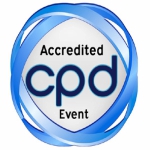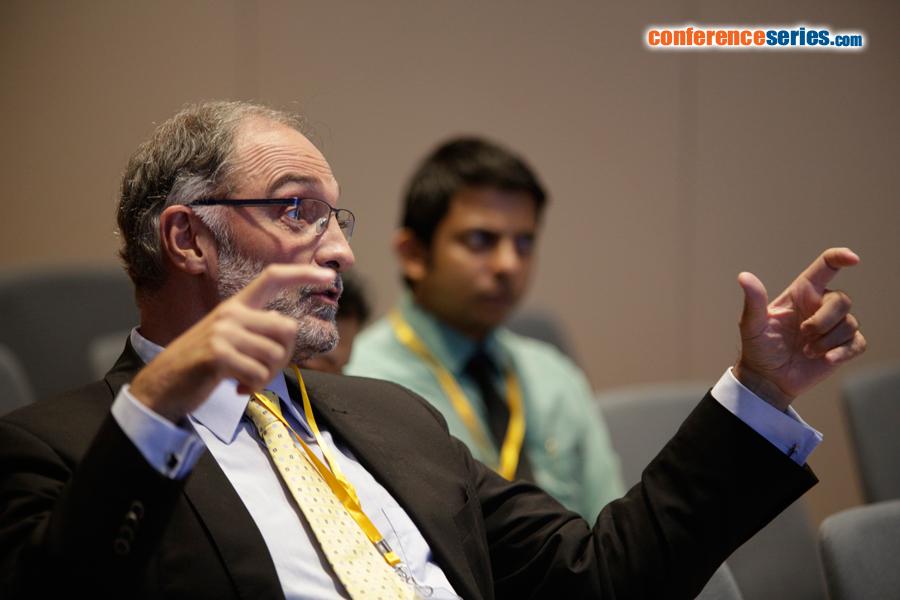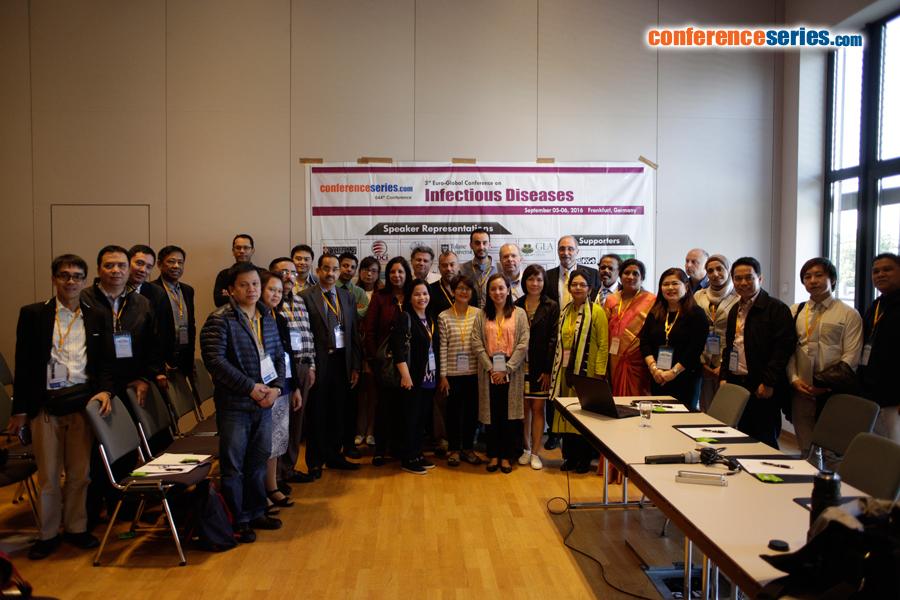
Carlos Alberto Guzman
Helmholtz Centre for Infection Research, Germany
Title: New technologies for innovative needle-free vaccines
Biography
Biography: Carlos Alberto Guzman
Abstract
Traditional vaccines consist of attenuated or inactivated pathogens, whereas subunit vaccines are based on purified antigens. Although it would be preferable to exploit noninvasive administration strategies, most vaccines still made use of needles. In this regard, mucosal vaccines and nanoparticle (NP)-based formulations delivered by transfollicular (TF) route are gaining interest. However, poor immunogenicity and transport across barriers limit these approaches. Adjuvantation might overcome these constraints, but only few adjuvants are available for human use and none is active by mucosal route. Our adjuvant development program led to the discovery of well-defined synthetic immune modulators, which are active when administered by mucosal route and improve the efficacy of NP-based formulations. Among them, cyclic-di-nucleotides (CDNs) exhibit strong immune modulatory effects on antigen presenting cells by activation of the type-I IFN and TNF pathways. Co-administration of CDNs with purified antigens induces strong humoral and cellular responses, which were characterized by a balanced Th1/Th2 profile and induction of cytotoxic cells. Influenza vaccines adjuvanted with CDNs confer protection against virus challenge in different preclinical models, including aged mice. Co-administration or formulation with antigen loaded NPs also allowed triggering antigen specific humoral and cytotoxic responses after TF vaccination, even with a completely intact skin barrier. This new generation of synthetic adjuvants with well defined molecular targets represents a powerful tool for the rational design of novel vaccines and immune therapies.




